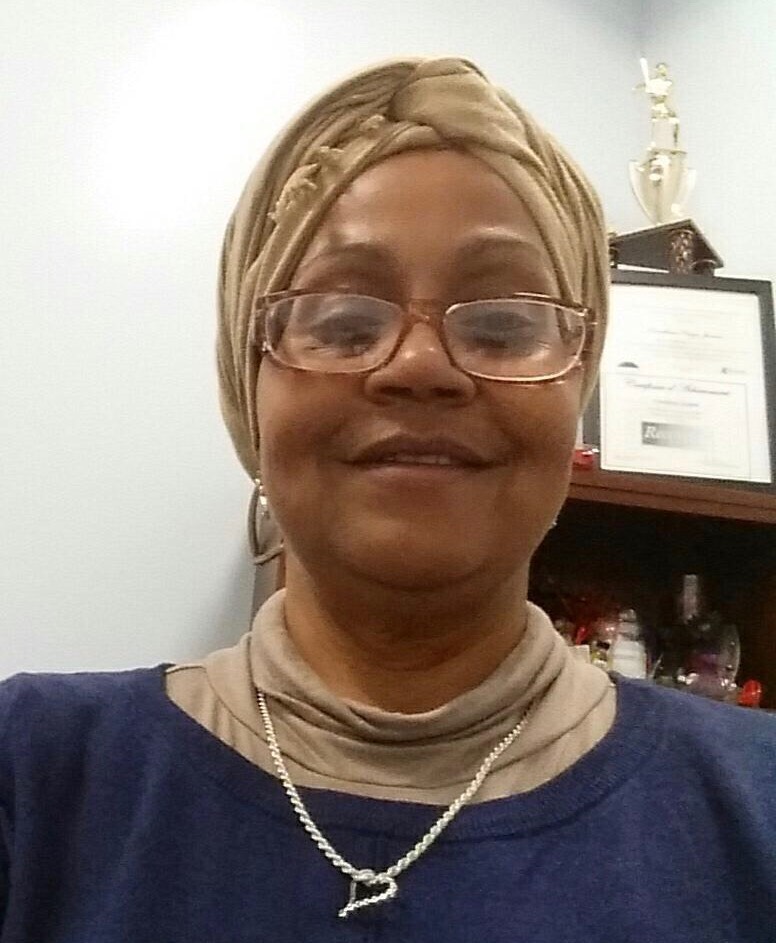Recovery Month Testimonials 2017
Sharing Stories of Recovery
CORILESS
CORILESS:
- I have been trained by the Behavioral Health Institute and other entities in the area of pre- assessment of people with behavioral health status. I have worked with clients with such issues for over 15 years. The three locations where I have been employed has always dealt with a high population of clients who suffer with behavioral health related issues such as, mental health and drug addictions and need either crisis support or crisis intervention. My job is and was to pre- assess clients and make the necessary referrals for services. Sometimes it has been a challenge but overall seeing the clients after they receive the assistance needed to stabilize them is the only reward I need.
I would like to state that I am a recovering addict in long term recovery who used alcohol and drugs for over thirty four years. I started using at the age of eight years old. I never knew I also had a mental health illness until I started drug treatment in the year 2000. While in treatment (Methadone treatment) I found that I was not using illicit drugs or drinking anymore but I could not stay focused and had racing thoughts day and night. I was assessed and started therapy immediately because I wanted to regain my life. I stayed in treatment with medication for nine months. But continued the program for support and therapy sessions even after my completion of the program. After I completed the program I became an advocate for the clients at 911 Broadway Center. I started to attend NA meetings three times a day and I reached out to other people for support. That’s where I found the Rose Street Community Center and began as a volunteer. I started to assist that program by writing letters to assist in the re- entry of men from incarceration and completing the application process for the Vehicle for Change Program and advocate as to why they deserved a vehicle.
- I learned that I could do anything I wanted to if I applied myself to the task. I attend Narcotics Anonymous and Alcoholics Anonymous meetings regularly. Attend spirituality groups and retreats and I pray. I mentor/ sponsor other recovering addicts and I also started to attend self help groups and attend classes for self wellness to learn how to meditate with yoga classes. Last but not least I make and keep regular doctors appointments. I moved on to work under the Sister of Notre Dame for Americorps for two years in the same field of supportive services assisting families in crisis. And as a case manager for the Family Support Center under Sister Mary Margret Pignone and Julie Community Center’s Sister Bobby English. I have been working here at my current position Dee’s Place for 10 years. Started outreach as an Outreach Consultant and assistant case manager and moved up to the Peer Recovery Coordinator when Ms. Dee Sparks retired in 2012.
- Becoming a Certified Peer Recovery Specialist was very important to me because I plan to continue assisting in all efforts in helping others in their recovery process. This certification will continue to open doors to behavioral health and recovery wellness. I want to continue my path of building collaborations and network with programs that assist in stabilizing people with such related illnesses. My wish is to continue learning what is needed to help rebuild what has been broken for a very long time. Where I work we have been doing this for over 15 years but we had no defined title. We were simply called outreach consultants and peer counselors. This certification will define my experience and allow me to assist in opening doors where I haven’t been able to enter. We will be able to gain in more peer to peer contact. And it would enhance the programs where I work at.
- Peer recovery support benefits others because they know they are not alone and that they can reach out to others when they are struggling even if it is something simple, they feel comfortable enough to ask for guidance and support. I know we can guide them to achieve services and support such as, help them make decisions to obtain treatment services, see therapist, encourage them to take their medication as prescribed. We can support them when in crisis by listened to them and helping them make the right decisions that will stabilize them. We can even give them information when they are seeking services and let them know we support them.
- Working in this field has given me the opportunity to provide services to people who may not have received services because the needs are so great. I love working with people in communities that no one else wants to go into. I am also trained as a case manager and I can easily adapt to other programs. I learn quickly and I am experienced in trauma enforced care through Johns Hopkins University and the Bloomberg School of Public Health.
